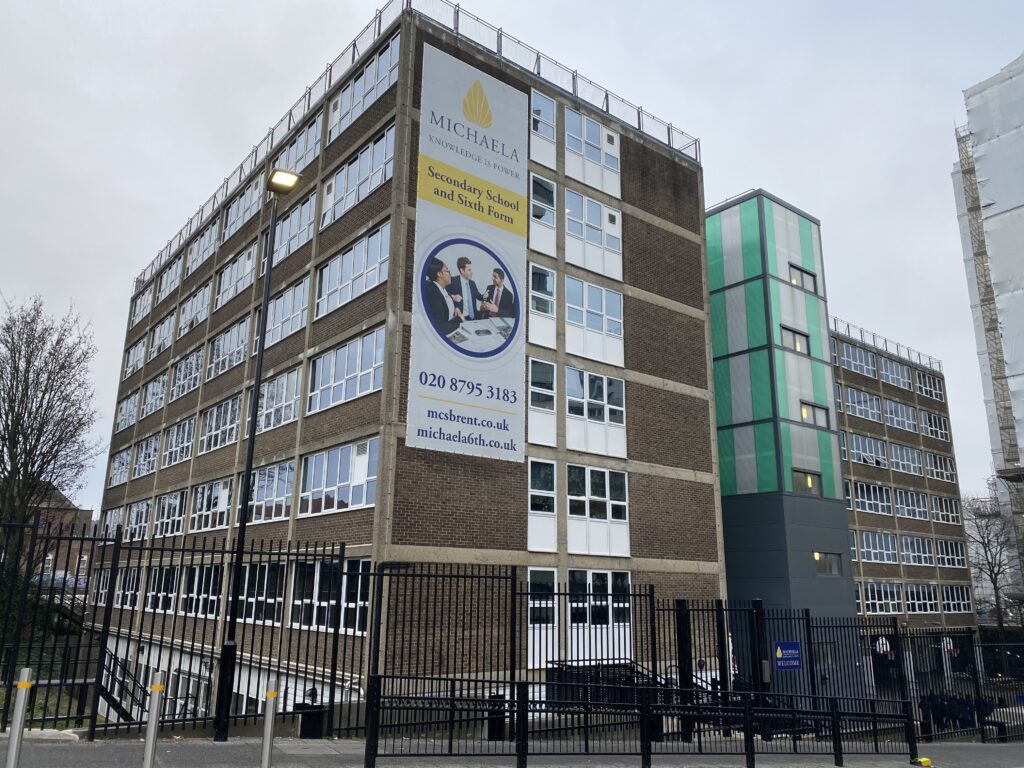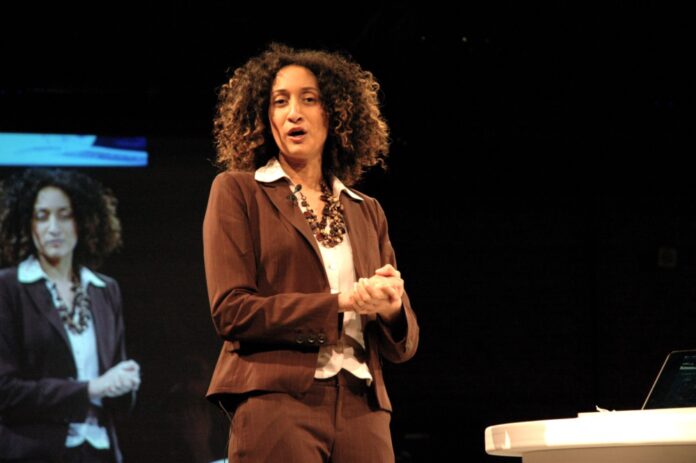Juveriah Alam says the High Court’s support for Michaela Community School’s discriminatory behaviour towards its Muslim pupils is deeply disappointing, but we should all take heart from the unstoppable trend of young Muslims asserting their religious identity.
Yesterday the High Court ruled in favour of allowing Michaela Community School in Wembley to ban all forms of prayer – a win for right-wing headteacher Katharine Birbalsingh who prides herself on leading “Britain’s strictest school.” While the potential discriminatory nature of the ban was considered by the judge, he ultimately decided that preserving the school ethos took precedence.
So a legal victory for the school and its ideology-driven headteacher, but is it truly a win?
The fact is that banning all prayer in a school is simply discriminatory – just like banning all conspicuous religious symbols in French schools is discriminatory. And while this policy pretends to treat all religions the same, we all know that there is only one religion which is intentionally targeted and one religion which suffers the detriment – Islam.
So why Islam? Many Islamophobic commentators suggest that it is always the Muslims making these unreasonable demands – that Muslims are always the trouble-makers, seeking to disrupt and undermine established rules. Of course, these Muslims only exist in the imaginations of bigots. Most of us just want to get on with our lives while practising our faith. But the problem is that Islam as a religion is just too visual and it makes some people deeply uncomfortable.
In the case of Michaela Community School, there was no problem when one Muslim pupil decided to pray quietly in the playground. But then there were three, then 20, then 25 and finally 30 pupils all praying outside. It was a highly visual display of worship and it involved a level of uniformity, orderliness and importance.
Now for a school that prides itself on discipline, one would think it would celebrate such a display of dedication, focus and concentration. But rather than celebrate it, the school felt undermined by it. Because, quite simply, the discipline shown by those Muslim pupils during that short prayer was in submission to a higher power – to Allah SWT – not to the school.
Subscribe to our newsletter and stay updated on the latest news and updates from around the Muslim world!
So undermined was the school that it did the strangest thing: it banned the very act of prayer. This does not sound like the actions of a school that is confident in its own ethos; rather, it sounds like one that is threatened by the idea of allegiance to Islamic rules. And so hysterical was the school in seeking to enforce this ban that it did not seem to consider the practical difficulties in doing so.
Unenforceable ban
Prayer is an action that can be as subtle or as overt as one wants it to be. People wading into this debate cannot seem to grasp what this really means practically. It means that there has been a ban on Christian pupils getting on their knees on the playground and reciting the Lord’s Prayer. It means a pupil cannot quietly meditate in the playground.
The point is that it is unenforceable in practical terms. Will the staff who monitor the playground reprimand those who sit and pray quietly or only those who dare to bow their heads to the ground as part of the ritual?
Anyone who has worked with teenagers knows how easily they manage to find loopholes and work their way around rules, often to the frustration of teachers. I predict that staff at Michaela Community School will find it extremely difficult to stop Muslim pupils from praying and could be met with any of the following responses: “We were just doing Yoga” or “we were just stretching” or “I just like to smell the grass.”

It is reminiscent of France’s abaya ban – where Muslims were the clear target but they faced the problem of having to ban all long, loose dresses. It really does seem that the Western world becomes hysterical when Islam comes into play, creating more problems than they started with in their futile quest to hide Islam from public view.
The argument from headteacher Katherine Birbalsingh is also problematic – that pupils need to hide their differences in order to properly integrate. This is patently wrong. Forcing people to set aside what makes them who they are in a quest to promote harmony and togetherness is counter-productive. This approach just fosters resentment at having to supress one’s identity.
True integration doesn’t occur when we all act exactly the same – it occurs when we talk about and gain appreciation of one another’s differences. Only then are we given the opportunity to exercise tolerance.
In my six year old’s glowing school report, he was praised for having a “very strong sense of religious identity.” Simply, confident kids know who they are.
Birbalsingh’s legion of far-right fans
But of course, integration isn’t the real goal. We know that Ms Birbalsingh is an establishment figure with close ties to the Islamophobic Conservative government. After all, right-wing figures such as Michael Gove, Suella Braverman and Calvin Robinson have all been linked to the school.
In my view her goal seems to be to indoctrinate children from disadvantaged backgrounds to become blindly loyal to the state and strip them of the ability and confidence to question authority.
Indeed, it is very difficult to take Ms Birbalsingh’s arguments at face value. And I doubt that this has anything to do with the school ethos. A quick glance at the online discourse shows how relevant anti-Muslim hatred is to this very matter. Yesterday, I challenged supporters of the prayer ban on X to explain how they would practically enforce the ban. Here are some notable replies:
Clearly, Britain’s strictest headteacher has a charming fanbase.
So while this judgement may seem like a blow for British Muslims, let us stop and appreciate the massive win: that our children are deciding to pray all on their own, that Muslim youth are willing to fight for their right to practice their faith, and that with each generation Muslims are becoming increasingly confident and assertive.
Society is always changing – sometimes in positive ways, but often also destructively. We are fortunate to be part of a religion that has the strength to withstand the evils of post-modernism and we are undoubtedly the only religion left to enjoy this liberation.
So while Muslims are routinely criticised for failing to adapt, we should really count our blessings.

























